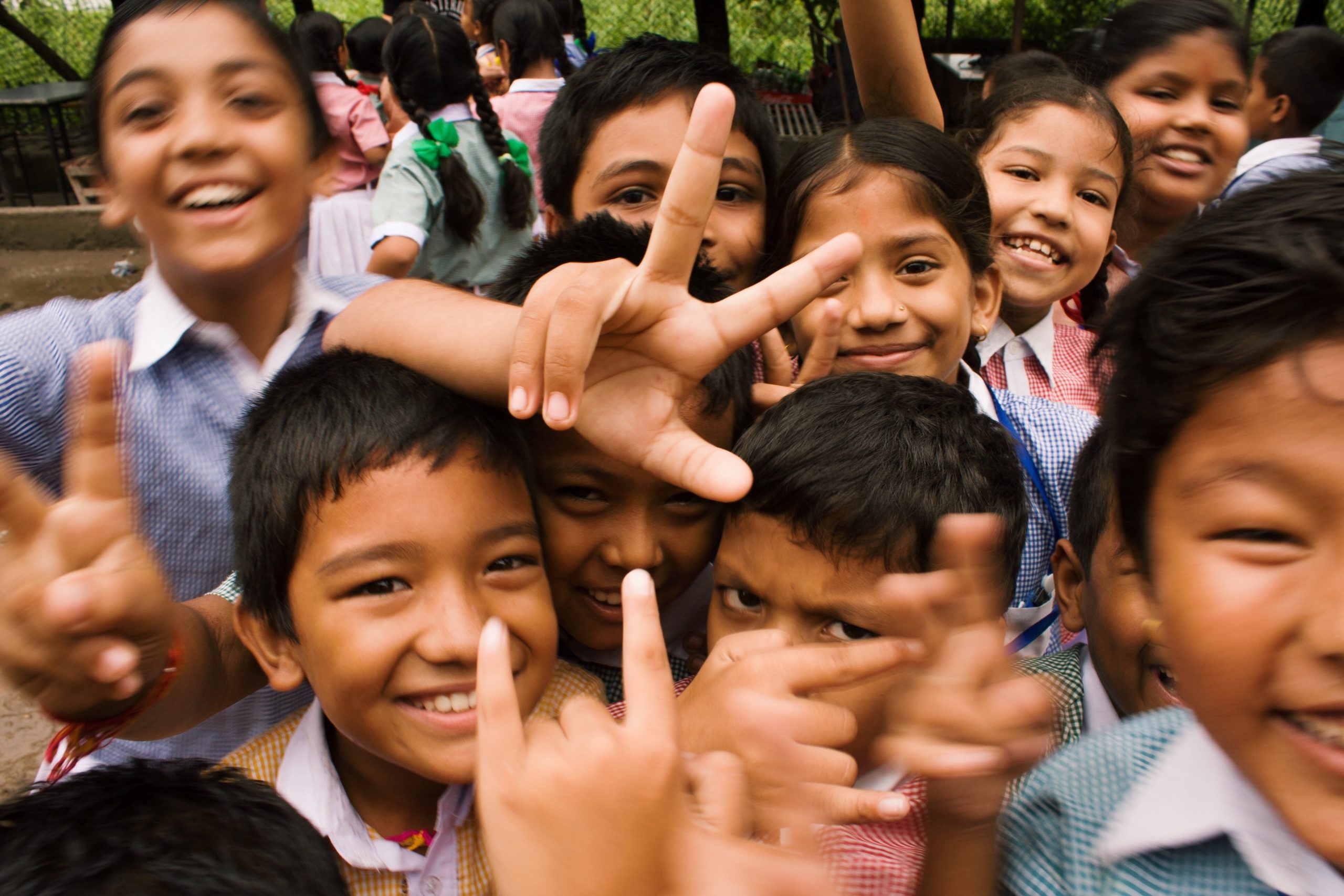Are there really disadvantages of children born in diaspora?
There’s a popular saying that whatever has an advantage has a disadvantage, and in this case there’s no exception.
Raising your children outside the country has many advantages.
For example, if you are a citizen of a third-world country but you decide to raise your kids in a first-world country.
This offers your kids a chance at a better education, good health care facilities, and other social & economic benefits.
Every parent aspires for a better future for their kids, we work hard for ourselves but we double our effort to give our kids a better life.
A lot of parents who raise their kids outside the country want a better life for them. This is a good act, there is nothing wrong with this.
The problem arises when the laws or rules in the new country clash with the cultural standards.
Most African parents complain about one particular issue; they complain that there’s a thin line between correcting a child and child abuse.
Is this a disadvantage or an advantage? Keep reading to find out.
5 disadvantages of children born in diaspora

1. It quite difficult to teach them about their culture
Most foreigners who leave their country need to work 3-4 jobs to ensure that they can pay their bills.
You pay bills for electricity, network connection, water, gas, and everything.
This might be different from the country you came from where you pay for things when you need them and have the money to make your purchase.
While trying to make ends meet and ensure that they are living in comfort, most parents forget to teach their kids about their culture and traditions.
For example, in Nigeria people have high regard for titles. Outside the country you can greet people your elders with a hello and hi (Hello Mrs. Hannah, Hi Mr. Joe).
In some parts of Nigeria, this will be seen as a sign of disrespect.
To avoid this, you should make it a priority to teach your kids the culture of their homeland.
This will protect the unsuspecting children from embarrassment when they decide to return to the country.
2. Children raised outside the country are influenced by their environment
You don’t raise your child in Rome and expect them to behave like Americans.
It doesn’t work that way, except you want to home school them.
The environment you reside in will affect the way a child speaks, behaves and in extreme cases, it can affect their reasoning.
Before moving to a different area try to conduct research about the place. You could find a negative character that’s popular in the country and steer clear.
Everywhere on earth has some characteristics that you may not like. However, it is your responsibility to choose which particular trait or attribute is manageable.
Always remember that it is easier to make choices when your kids are younger, as they grow older, the need to make their own decisions heightens.
The environment you live in affects you and your kids as well.
It can be positive or negative, make the positive choice for your kids while they are still young.
3. Most kids may refuse to return to their homeland

Some kids may hurt themselves or run away because they do not want to return back to their homeland.
Most kids might grow older to realize that they aren’t citizens of the country they live in.
This might be upsetting to some children.
With the help of the internet, they may search for their country to see if it’s better.
If they currently live in a first-world country but see that their homeland is a third-world country, not all children will be happy about this.
Don’t get mad or upset with them.
This is a natural feeling that everyone, especially teenagers will feel.
It is much better to teach them about their homeland from a very young age.
Let them know about their heritage at an early age, the hurt or disappointment will be minimal.
4. Little to no relationship with family members
It’s hard to keep up with most family members when you stay in the same country.
If you are separated by oceans and seas, how exactly do you stay connected?
Thanks to social media we can connect with our families. However, not everyone has a smartphone or really knows how to use it.
It is quite different when kids physically see their family members than having a relationship built on social media.
5. Inability to speak their mother tongue
Most parents outside the country are doing their best to ensure that their kids can speak their dialect.
This is a general problem within and outside the country.
Parents fail to teach their kids their mother tongue and this could be due to a very busy schedule.
However, some parents cannot speak their dialect therefore they see no reason why they should teach their kids.
If you cannot speak your dialect, hire a teacher!
Conclusion
If you have the resources to raise your kids outside the country especially if you stay in a third-world country.
There is nothing wrong with your decision.
However, you will need to put in extra work, time, and spend money to ensure that your kids learn about their homeland.
If you can speak your mother tongue, then you can tutor them without spending extra money.
Some families have done this and it has been very effective. Try to create a little space for culture grooming time.


